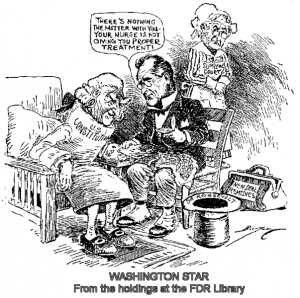Millard Farmer on Capital Punishment
As I stated in a prior post on this Blog, I consider the continued use of capital punishment in the contemporary United States to be not only immoral but also surprising. Is there something in the country’s history that helps explain why Americans still use capital punishment?
Millard Farmer, the legendary anti-poverty lawyer and opponent of capital punishment, argued that a reaction to the civil rights movement and the power struggle between the federal government and states’ rights are important factors. When the national government required the southern states to end their discriminatory practices and dismantle their Jim Crow legal systems, according to Farmer, the southern states dug in regarding their right to use capital punishment.
Then, when the Supreme Court’s decision in Gregg v. Georgia (1976) blew away the constitutional clouds floating above capital punishment, the southern states saw it as a huge victory. At least in this area, the feds had to stop pushing us around!
In the present, of course, the South remains the true home of capital punishment. The so-called “Death Belt” – Florida, Georgia, Louisiana, and Texas – has been responsible for three quarters of all capital punishment in the United States over the past two decades. If Farmer is right (and he is himself a southerner), this pattern results from both the South’s strong law-and-order attitudes and the region’s belief in states’ rights.


